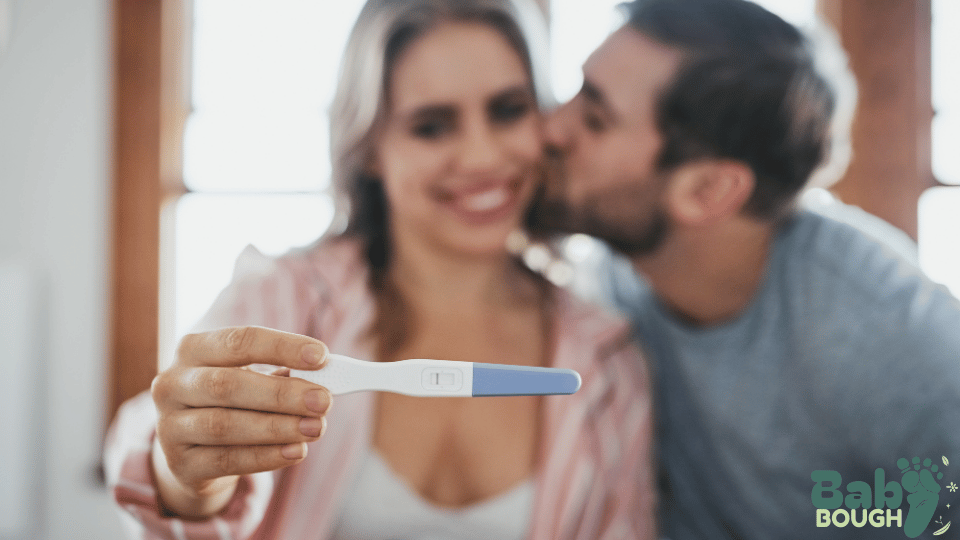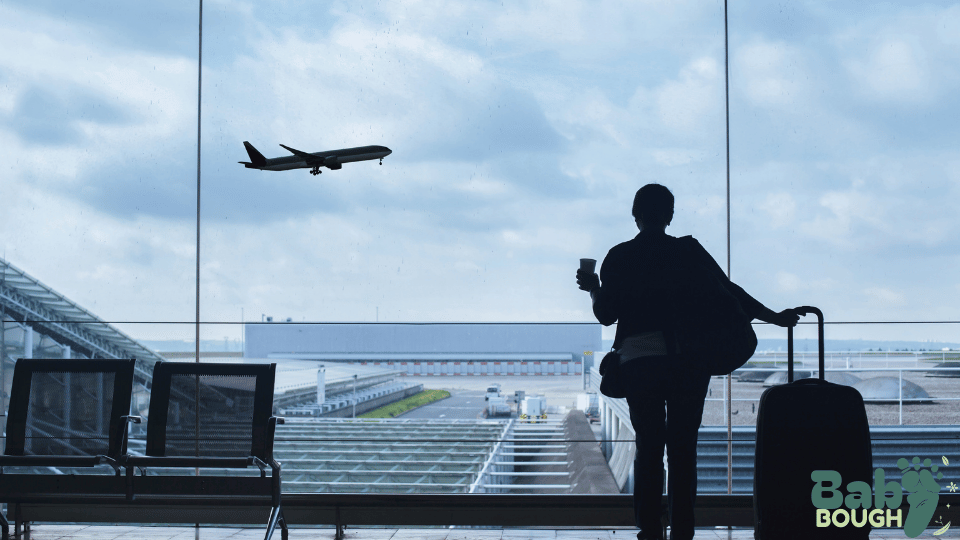
The moment you find out you’re pregnant, it seems like everyone—from family to friends to random strangers—has advice. “Don’t eat sushi,” “Forget your daily coffee,” or “You should probably stop exercising.” The first trimester is often the most misunderstood part of pregnancy, with myths and old wives’ tales swirling around about what’s safe and what’s not. But how much of what you hear is truly based on science? How much of what you hear is merely myth?

Let’s take a deep dive into the first trimester and debunk some of the most common myths you’ve likely heard. We’ll explore what really happens to your body, what’s going on with your baby, and what foods or activities you truly need to avoid. Spoiler: It’s probably not as restrictive as you think!
What Is the First Trimester?

The first trimester covers the first 12 weeks of your pregnancy, and during this time, your baby is going through some significant changes. From a tiny group of cells, they quickly grow into a fetus, with their heart, brain, and other organs forming rapidly. You may not be showing much yet, but your body is already working hard to support this new life.
One of the most common myths about the first trimester is that it’s the riskiest time of pregnancy, and while it’s true that a lot of development is happening, you don’t need to treat it like walking on eggshells. Most pregnancies during this stage progress normally, and you can live a fairly typical lifestyle with a few adjustments.
Myth #1: You Should Stop Exercising

One of the biggest myths circulating around the first trimester is that exercise is dangerous. You might have heard that you shouldn’t raise your heart rate or that certain movements could harm your baby. The truth is, exercise is generally safe during pregnancy—and actually beneficial! Staying active can help with everything from improving your mood to reducing the likelihood of complications like gestational diabetes.
Of course, if you weren’t very active before pregnancy, now isn’t the time to start intense training. Stick to light to moderate activities like walking, swimming, or prenatal yoga. If you’re already an athlete, check with your doctor to tailor your workout routine, but don’t feel the need to stop moving altogether.
Here’s a great resource on pregnancy-safe exercises.
Myth #2: You Can’t Have Caffeine

Raise your hand if you’ve been told to immediately give up your daily cup of coffee now that you’re pregnant. It’s one of the most widespread myths about pregnancy. The truth is, you don’t have to swear off caffeine entirely. According to the American College of Obstetricians and Gynecologists (ACOG), consuming up to 200 milligrams of caffeine a day—about one 12-ounce cup of coffee—is considered safe during pregnancy.
That said, it’s important to keep track of your caffeine intake from all sources, including tea, soda, and even chocolate. Too much caffeine has been linked to an increased risk of miscarriage, but moderate amounts are perfectly fine. So, feel free to enjoy your morning brew—just be mindful of how much caffeine you’re consuming overall.
Read more about caffeine and pregnancy here.
Myth #3: You Must Avoid Certain Foods, Like Sushi and Soft Cheese

Perhaps one of the most debated topics during pregnancy is food restrictions. You’ve probably been told to avoid sushi, soft cheeses, and deli meats altogether. The concern here is listeria, a bacteria that can be harmful to both you and your baby. While the risk is real, it’s much lower than many believe, especially with modern food safety practices.
You can still enjoy some of these foods with precautions. Sushi made with cooked fish (like shrimp tempura rolls) is generally safe, and soft cheeses made from pasteurized milk are fine. As for deli meats, make sure they’re heated until steaming, as this kills any lingering bacteria.
Check out this comprehensive guide to safe eating during pregnancy.
Myth #4: You Can’t Fly or Travel

Another common myth is that pregnant women, especially in the first trimester, should avoid traveling or flying altogether. The truth is, flying during the first trimester is generally safe, as long as you don’t have any complications or high-risk factors. However, many women experience morning sickness during these weeks, which can make traveling less than enjoyable.
If you do plan to fly, make sure to stay hydrated, move around the cabin periodically to avoid blood clots, and wear comfortable clothes. Always check with your doctor if you have concerns, but there’s usually no reason to avoid travel in the first trimester.
Here’s some great travel advice for pregnant women.
Myth #5: Morning Sickness Only Happens in the Morning

The name “morning sickness” is incredibly misleading. For many women, nausea strikes at any time of the day (or night!). Hormonal changes in early pregnancy can cause this queasy feeling, which usually peaks around weeks 6-9 and can last into the second trimester. While it can be unpleasant, it’s a normal part of pregnancy and often varies in intensity from woman to woman.
If you’re struggling with nausea, try eating small, frequent meals, staying hydrated, and avoiding foods that trigger your sickness. Ginger tea or peppermint can also help soothe an upset stomach. If your nausea is severe or you can’t keep anything down, it’s important to talk to your doctor about potential treatments.
Learn more about morning sickness here.
Myth #6: Certain Emotions or Stress Can Harm the Baby

We’ve all heard that stress is bad for you, and while chronic stress isn’t great for your overall health, occasional emotional ups and downs during pregnancy are perfectly normal and won’t harm your baby. The first trimester brings a whirlwind of hormones that can affect your mood, leading to emotional highs and lows. It’s okay to feel anxious, excited, and everything in between during these early weeks.
The key is managing stress in healthy ways—whether through light exercise, meditation, or talking to a supportive friend or counselor. If you feel overwhelmed, it’s important to reach out for help, but know that occasional stress won’t hurt your baby.
Here’s how to manage stress during pregnancy.
Conclusion
The numerous myths surrounding early pregnancy might cause confusion throughout the first trimester, in addition to excitement. There are many myths about everything from travel to caffeine to fitness. Fortunately, a lot of the things you’re advised to stay away from aren’t completely forbidden. It all comes down to moderation, balance, and maintaining a channel of communication open with your healthcare physician. You may have a healthy, joyful first trimester and beyond by dispelling these beliefs and learning what is actually safe!


1 thought on “Debunking First Trimester Myths – Tackle Common Misconceptions About Early Pregnancy, Such as Certain Foods or Activities Being Off-Limits”
Comments are closed.